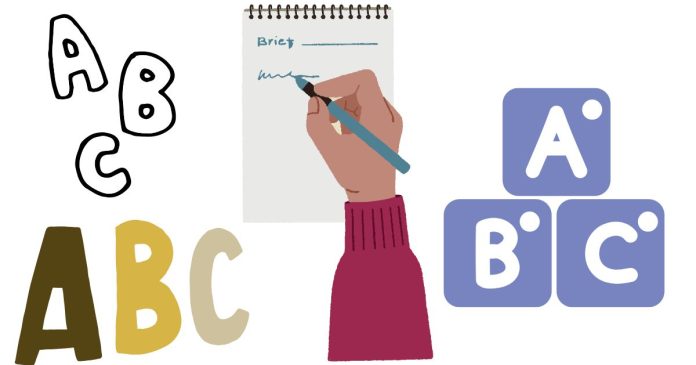Words Ending with “Ist”: Meaning and Usage
In English, many words end with the suffix “-ist.” This suffix often indicates a person who practices or is concerned with a particular activity, belief, or field of study. It can also denote someone who is a follower of a certain ideology or a professional in a specific trade or skill. Let’s explore the different types of words that end with “-ist” and their meanings.
1. Occupations and Professions
One of the most common uses of the suffix “-ist” is to describe a person who works in a particular field or profession. These professions can span across a variety of sectors, from art to science to medicine.
- Artist: A person engaged in the creation of art, whether visual, musical, or performing.
- Scientist: A person who studies or practices any branch of science, typically through research or experimentation.
- Dentist: A medical professional specializing in oral health, including the diagnosis and treatment of teeth and gums.
- Tourist: A person who travels for leisure or pleasure to visit new places.
2. Ideologies and Beliefs
The “-ist” suffix is also used to describe someone who adheres to a specific ideology, philosophy, or belief system. These words often reflect a political, religious, or social affiliation.
- Capitalist: A person who supports or is involved in capitalism, an economic system where trade and industry are controlled by private owners for profit.
- Feminist: An advocate for gender equality, particularly concerning women’s rights and issues.
- Racist: A person who believes in or practices racism, treating people differently based on their race.
- Humanist: A person who advocates for human welfare and values reason, ethics, and justice, often in contrast to religious beliefs.
3. Specializations or Interests
In some cases, the suffix “-ist” describes a person who specializes in a particular subject or activity. These words often highlight someone’s expertise or passion.
- Pianist: A person who plays the piano, typically someone who has mastered the instrument.
- Biologist: A scientist who specializes in the study of living organisms and their interactions with the environment.
- Guitarist: A musician who plays the guitar, either professionally or as a hobby.
- Psychologist: A professional who studies the human mind and behavior and often works in therapy or counseling.
4. Arts and Culture
The “-ist” suffix is also used to describe individuals who are involved in particular forms of art, literature, or culture.
- Dramatist: A playwright or author of plays.
- Poetist: Although not as common as “poet,” this can refer to someone who writes poetry.
- Surrealist: An artist or writer associated with surrealism, an artistic movement focused on the unconscious mind and dreamlike imagery.
5. Some Other Examples
- Socialist: A person who advocates for socialism, a political and economic theory advocating for social ownership and democratic control of the means of production.
- Gelist: A professional who writes or composes melodies and instrumental music.
- Typist: A person who types, often as a profession in administrative or clerical work.


